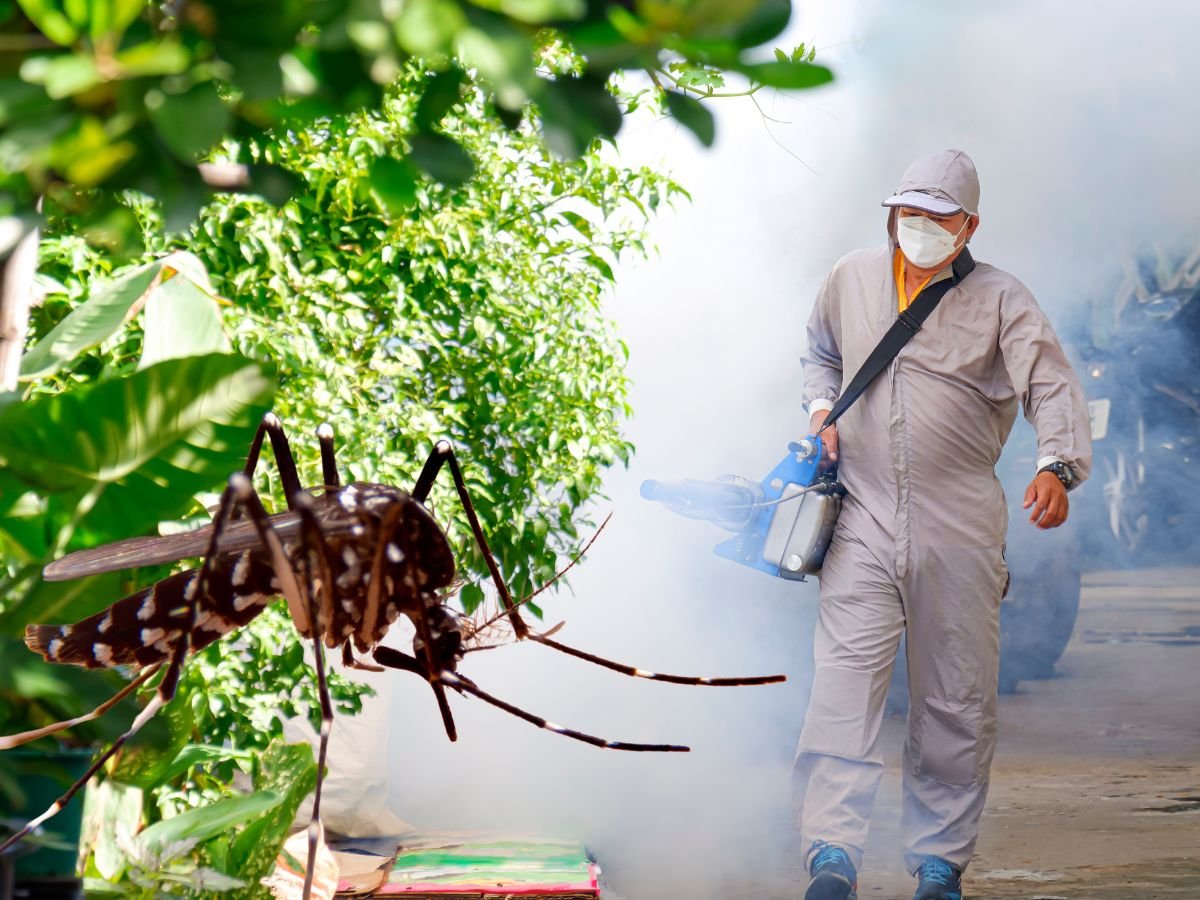New Delhi, 06 June 2025: Kerala is currently grappling with a significant health challenge, witnessing a surge in COVID-19 cases alongside the onset of monsoon-related diseases. The state’s active COVID-19 cases have risen to 1,487, the highest in India, amidst the early arrival of the monsoon season.
COVID-19 Surge in Kerala
Kerala’s health authorities have reported a steady increase in COVID-19 cases over the past weeks. The emergence of new subvariants, including NB.1.8.1 and LF.7, has contributed to this uptick . In response, the Kerala Health Department has mandated COVID-19 testing for individuals presenting with influenza-like symptoms and respiratory disorders. High-risk patients are required to wear masks and undergo RT-PCR testing if rapid antigen tests are negative. Hospitals have been instructed to isolate symptomatic individuals and enforce mask usage for healthcare workers, patients, and bystanders, while limiting visitor entry.
Monsoon Diseases on the Rise
The early monsoon has heightened the risk of vector-borne and water-borne diseases such as dengue, malaria, chikungunya, typhoid, and leptospirosis. These diseases share symptoms with COVID-19, including fever, body ache, fatigue, headache, sore throat, and vomiting, complicating diagnosis.
Dr. Naresh Purohit, Advisor to the National Communicable Disease Programme, emphasizes the importance of distinguishing between these illnesses. He notes that dengue and malaria often cause high fever with chills and body rashes, typhoid presents with stomach pain and a slow-rising fever, while COVID-19 may lead to loss of smell, cough, and breathing issues. Proper testing by medical professionals is crucial for accurate diagnosis and timely treatment.
Public Health Measures and Recommendations
In light of the dual health threats, the Kerala Health Department has intensified surveillance and preventive measures. Hospitals are required to maintain adequate supplies of oxygen, medicines, personal protective equipment (PPE), and critical care infrastructure. Symptomatic individuals are advised to isolate immediately, monitor their health, wear masks, and seek medical advice without delay. Self-medication and home remedies are discouraged.
The Indian Medical Association (IMA) Kerala has also expressed concern over the surge in infectious fevers, waterborne diseases, and the re-emergence of cholera, urging heightened vigilance and public awareness.
Kerala’s simultaneous battle against rising COVID-19 cases and monsoon-related diseases underscores the need for robust public health strategies and community cooperation. Adhering to preventive measures, staying informed, and seeking timely medical care are essential steps in mitigating the impact of these health challenges.






